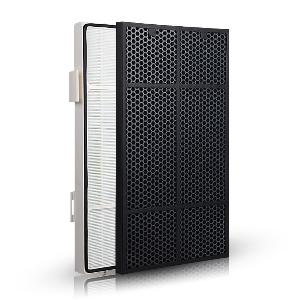source:Industry Trends release time:2024-04-23 Hits: Popular:led screen wholesaler

LED (Light Emitting Diode)
LED, or Light Emitting Diode, is a semiconductor light-emitting diode that converts electrical energy into light energy. LED technology is widely used in a variety of display screens, including televisions, computer monitors and mobile phone screens.
Advantages:
High brightness: LED can provide higher brightness, suitable for various lighting conditions.
Energy saving: leds consume less electricity and are more environmentally friendly.
Long life: LED service life is usually longer than LCD.
Wide color gamut: LED displays offer a wider range of colors.
Cons:
High cost: The cost of LED technology is usually higher than that of LCD.
Repair difficulty: Once damaged, the repair of an LED screen may be more complicated than that of an LCD.
LCD (Liquid Crystal Display)
LCD, or Liquid Crystal Display, is a display technology that uses the arrangement of liquid crystal molecules to control the passage of light. LCD screens require an external light source such as CCFL (cold cathode fluorescent lamp) or LED to illuminate the display.
Advantages:
Low cost: LCD technology is relatively cheap, making the product more popular.
Light weight: LCD displays are generally lighter than leds.
Eye comfort: LCD screens usually have less flicker and put less pressure on the eyes.
Cons:
Low contrast: LCD contrast is usually not as high as LED.
High energy consumption: LCD screen energy consumption is higher than LED screen.
Color saturation: LCD color saturation may not be as rich as LED.
Read recommendations:
outdoor led screen modules Processing
How to carry out transparent LED display business.led advertising display screen price
p2.976 indoor LED display.LCD splicing skills determine the high value of LCD splicing